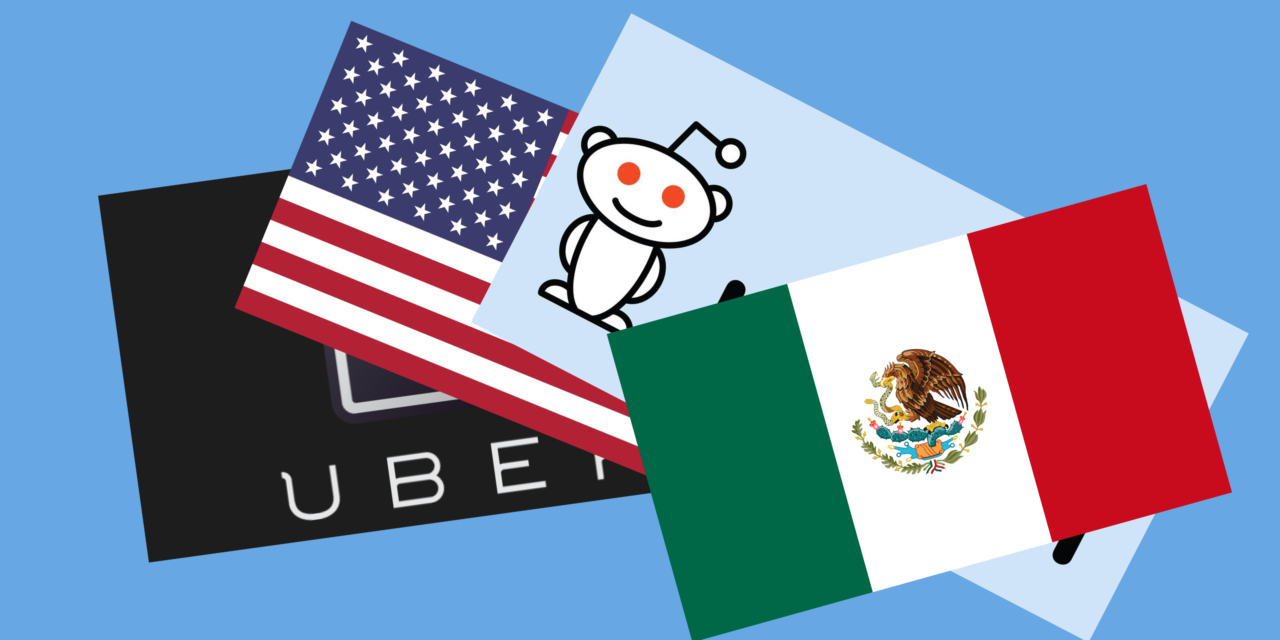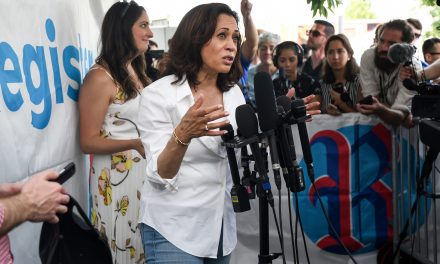The millennial generation — Americans born between 1980-2000 — has a notorious reputation at the polls: we don’t vote. In the recent 2014 November midterm elections, only 36.3 percent of the national United States voting-eligible population voted. Among the millennial population of the country (18 to 29 year old adults eligible), only 21.3 percent had voted in the midterms.
Historically, midterm election turnout has been significantly lower than presidential elections; in the 2012 presidential election, the youth turnout was 45 percent, but this number was still tremendously lower than the national turnout — 58 percent. The results of the midterm election could also simply have happened because young Americans didn’t deem it important enough. Personally, with the House and the Senate in a state of gridlock and hence unable to produce any result whatsoever, I will likely never vote in a midterm election. Why would it even matter if I did?
But when the nation is expected to choose its future leader and Commander-in-Chief, one would expect a different turnout. Young people are usually eager to put their immediate mark on history, and we see this here at Emory, with students pursuing their passions and garnering tremendous achievement in academics, research, activism, athletics and much more. Normally, we would expect the same people to extend their influence in choosing the political future of our country.
Unfortunately, these numbers also exist in presidential elections that would seem more likely to garner young people’s interests — in the 2008 democratic primary elections, where 61 percent of those that voted in the primaries were over 45 years old.
There could be a plethora of reasons why this turnout is so low among our nation’s youth: apathy and laziness inherent in any young adult, disillusionment with the status quo of American politics or simply the belief that their vote “doesn’t matter.” None of these reasons are irrational. After all, there could be truth behind each of these beliefs.
So why is it that youth voting is so much lower than national voting year after year? A big factor could be the very recent lowering of the voting age from 21 to 18 in the 26th Amendment of 1970. It could be that we have yet to establish a voting culture among young adults fresh out of high school.
A 2014 Harvard study published in The Economist stated that less than one-third of the youth population thinks running for office is an honorable task, and more than two-thirds think politicians enter public service for selfish reasons. Many today may even stereotype politicians as conniving, power-hungry individuals like Frank Underwood in the Netflix hit-drama House of Cards. And who would want someone that imperfect to represent his or her interests?
In George Washington’s farewell address, he advised heavily against the presence of political parties in our government. Now, when we vote in a presidential election, we only have a choice of two parties with a chance of winning. Third parties play major roles in either destroying an election for one party, as was the case in the 1860, 1912 and 1996 presidential elections (and perhaps the 2016 presidential election if Donald Trump fails to win the Republican primary), or raising awareness in an issue. But a third party has never won the presidential election, and since you want your vote to matter, why would you vote for a party that won’t win?
Young adults’ brains are more likely to be satisfied by instant gratification than more mature adults, and thus are more likely to vote if they see a more direct and significant effect of their vote. In 2008, 18 to 29 youth voting was two percent higher than the previous presidential election, and 66 percent of this population voted for Barack Obama over John McCain, perhaps because it was a historic decision between the two extremely charismatic candidates — the first African-American President or the oldest President.
With seemingly another historic decision underway in this primary season, we may see millennials mobilize to the polls yet again. As democratic socialist presidential candidate Bernie Sanders makes his successful crusade in the democratic primaries, coming to a virtual tie with Hillary Clinton in Iowa and winning a resounding victory in New Hampshire, we notice a general pattern. Democratic millennial democrats love Bernie. In the New Hampshire primaries, Sanders won 86 percent of the 18-24 age group vote while Hillary Clinton only won 14 percent.
The reasons for this support range from his resolute opposition to economic inequality and to huge corporate interests with major influence against his support for universal health care. Despite the astounding opposition he’s faced during this campaign, he mainly maintains the same views he’s had throughout his years as senator without wavering to outside pressures. His socialist “revolution” represents an alternative, and even if it’s not a viable one, it’s one that many millennials are willing to take a chance with.
Ryan Fan is a College freshman from Stony Brook, New York.





